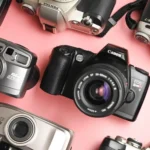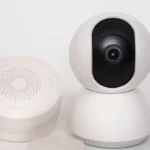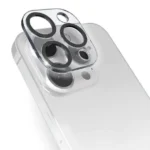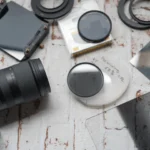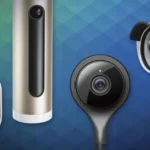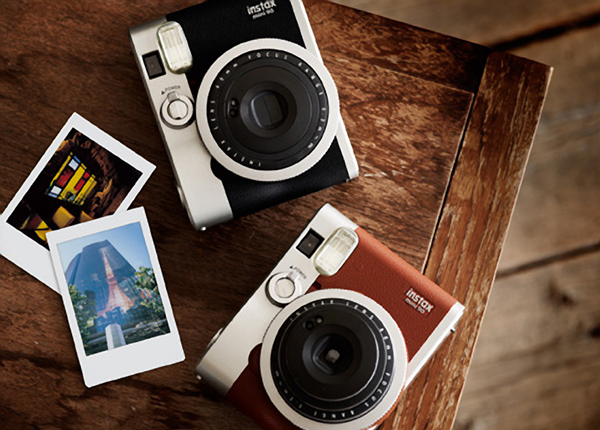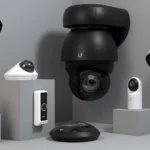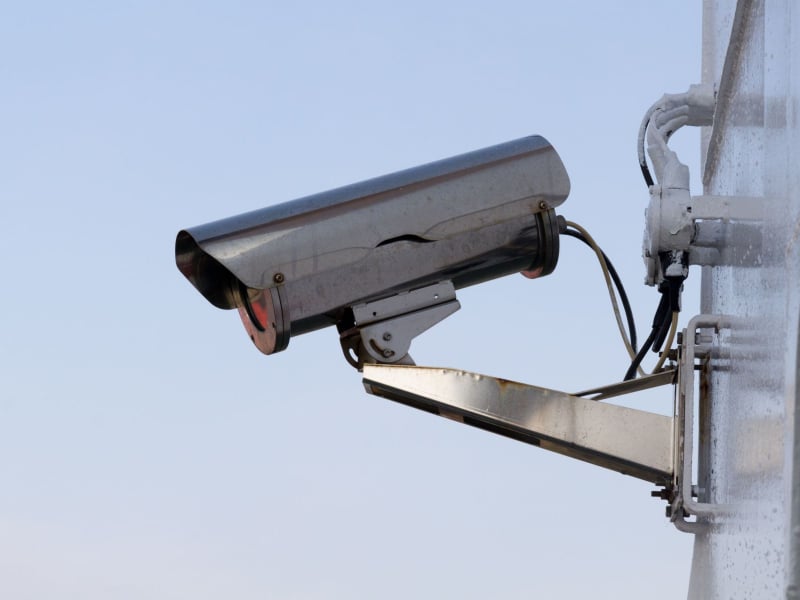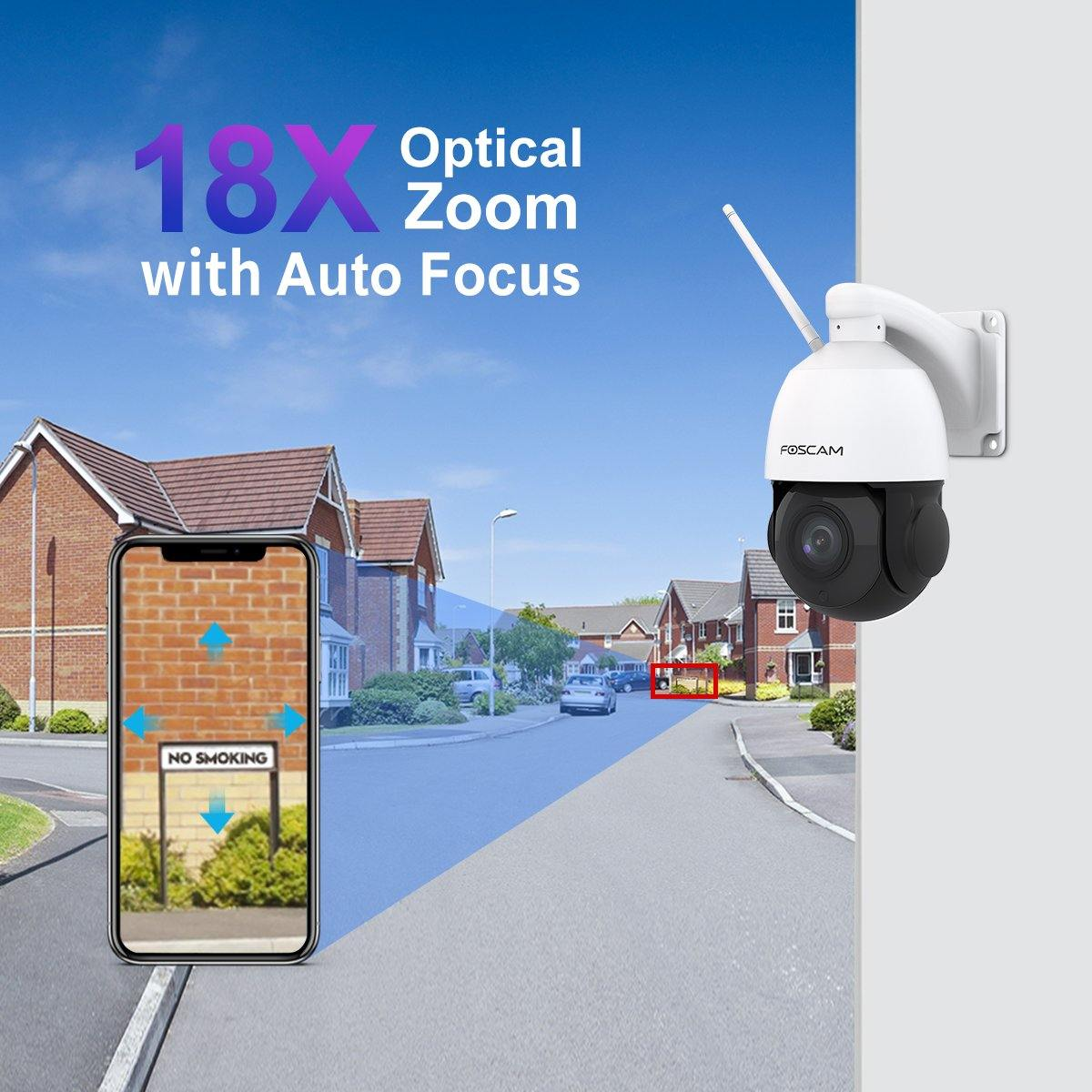Do you need a solar filter to photograph the sun? Yes, using a solar filter is essential for safe solar photography. A solar camera filter allows photographers to capture breathtaking images of solar phenomena like solar eclipses, sunspots, and solar flares, without risking damage to the camera’s sensor or harm to the eyes. Whether you’re capturing the perfect eclipse or simply photographing the sun, the right filter is essential for both safety and image quality.
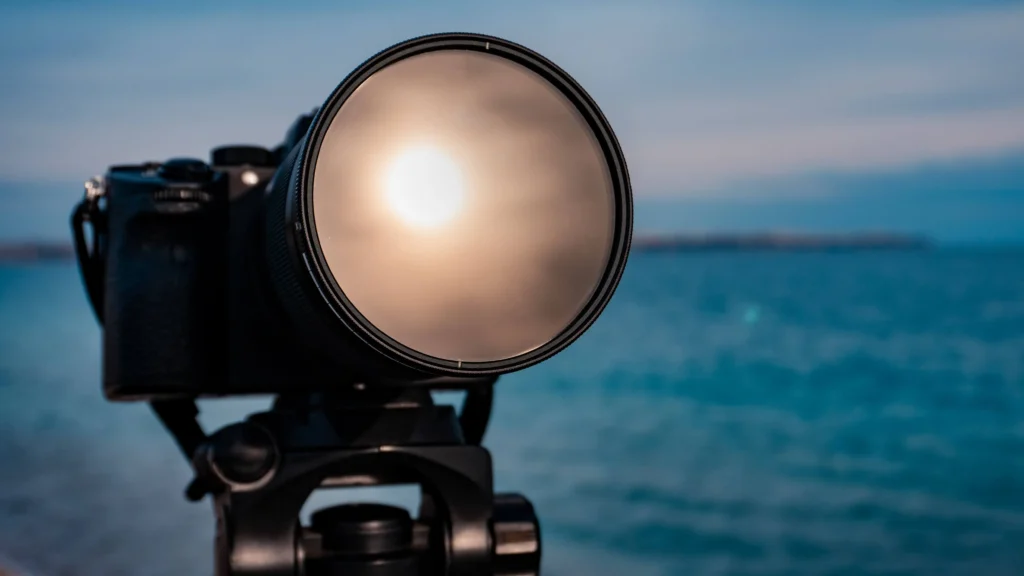
Content
What Is a Solar Filter for Camera Photography?
A solar filter is a specialized optical accessory that reduces the intensity of sunlight, allowing for safe photography of the sun. Solar filters are designed to block harmful ultraviolet (UV) and infrared (IR) radiation, which could otherwise damage both the photographer’s eyes and the camera’s sensor. By reducing the light intensity, these filters allow for clear and safe images of solar events, without risking permanent damage to equipment.
Most solar filters are made from high-quality materials such as black polymer or SolarLite films, which offer excellent light-blocking capabilities while maintaining high optical clarity. These materials ensure that you can capture crisp, detailed images of the sun’s features—like sunspots and solar flares—without compromising safety.
Choosing the Right Solar Filter for Your Camera Lens
Selecting the correct solar filter for your camera lens requires careful consideration. Here are the key aspects to keep in mind when choosing a solar filter:
Lens Compatibility
One of the most important factors when selecting a solar filter is ensuring that it fits your camera lens properly. Solar filters for camera lenses come in various sizes to accommodate different lens diameters. Common sizes include 58mm, 67mm, and 77mm, but it’s essential to check your lens specifications before purchasing. Many manufacturers offer filters with adjustable adapters to ensure compatibility with a range of lens sizes, making them a convenient option for photographers with multiple lenses.
Filter Type: Threaded or Clip-on
Solar filters are available in different mounting styles, primarily threaded and clip-on. Threaded filters screw directly onto the lens and are widely regarded as the most secure and reliable option. Clip-on solar filters are an excellent alternative for cameras with non-threaded lenses or for those who need flexibility. However, clip-on filters may not provide the same level of stability or optical clarity as threaded options.
Material and Durability
The material of a solar camera filter plays a significant role in its effectiveness. Black polymer filters, such as the Thousand Oaks Optical 77mm Solar Filter, are a popular choice because they block harmful rays while preserving image clarity. These filters are durable and designed to withstand frequent use. Another common material is SolarLite, which offers superior optical performance for solar photography.
It’s important to choose a filter made from high-quality materials that not only provide the necessary protection but also maintain excellent optical clarity. A poorly constructed filter could distort images or fail to provide adequate protection against UV and IR radiation.
Key Benefits of Using a Solar Filter for Photography
Using a solar filter offers numerous benefits, particularly for those interested in capturing solar phenomena or safely observing the sun. Here are the main advantages:
Protects Your Equipment and Eyes
The most important benefit of using a solar camera filter is safety. A solar filter ensures that both the photographer’s eyes and the camera’s sensor are protected from harmful rays. Without a proper solar filter, looking directly at the sun through a camera or viewfinder can cause irreversible damage to the eyes, while the intense sunlight can burn out the camera’s sensor.
Capture Detailed Solar Images
A high-quality solar filter allows for clear, detailed images of the sun, including sunspots, solar flares, and even solar eclipses. These filters enhance contrast and sharpness, allowing photographers to capture intricate details that would otherwise be washed out by the sun’s intense light.
Improves Image Quality
Solar filters improve overall image quality by reducing excessive brightness, enhancing color accuracy, and preventing overexposure. Many solar filters, such as the Hoya Pro ND100000 77mm, offer excellent light control, which is critical when capturing the sun’s intensity during solar eclipses.
Top Solar Filters for Camera Photography in 2024
For solar photographers, selecting the right filter can make all the difference. Here are some of the best options available:
1. Thousand Oaks Optical 77mm Solar Filter
The Thousand Oaks Optical 77mm Solar Filter is known for its durability and excellent optical density. This threaded filter fits most lenses and provides exceptional protection, blocking 99.999% of sunlight. It is highly regarded for solar eclipse photography and general solar imaging.
2. Hoya Pro ND100000 77mm Solar Filter
The Hoya Pro ND100000 solar filter is ideal for capturing solar eclipses, as it offers an optical density of 100,000x. This level of density ensures that light exposure is significantly reduced, allowing for precise exposure control and the capture of breathtaking eclipse photos.
3. Seymour Solar 67mm Helios Solar Film
A more budget-friendly option, the Seymour Solar 67mm Helios Solar Film offers 99.999% light blockage and is an excellent choice for beginners. This durable filter is easy to use and provides safe solar imaging with minimal distortion.
4. DailyStar 70mm Solar Filter
The DailyStar 70mm Solar Filter is a versatile option for both cameras and telescopes. This spring-folded assembly ensures a secure fit and is ideal for solar photography. It helps minimize vignetting and enhances the overall quality of solar images.
Ensuring Safe Solar Photography with a Solar Filter
When photographing the sun, safety should always be your top priority. Here are some essential tips for using a solar filter safely:
1. Always Inspect the Filter
Before each use, carefully inspect the solar camera filter for any signs of wear or damage, such as scratches or cracks. A damaged filter may not provide adequate protection, putting your eyes and equipment at risk.
2. Avoid Looking Directly Through the Viewfinder
Never use the camera’s optical viewfinder to photograph the sun, as it can lead to eye injury. Instead, rely on the camera’s live view or monitor to compose your shot.
3. Use Proper Exposure Settings
While solar filters protect your eyes and camera, you’ll still need to manage your exposure settings. Adjust the aperture, shutter speed, and ISO to prevent overexposure, especially when photographing solar eclipses.
Common Pitfalls to Avoid
While using a solar filter is generally safe, there are several common mistakes to avoid:
1. Using Non-Certified Filters
Only use solar filters that are ISO 12312-2 certified. These filters meet the necessary safety standards for direct solar viewing. Using uncertified filters could result in dangerous exposure to UV and IR rays.
2. Choosing the Wrong Size Filter
Always make sure the filter matches your lens size. Using a filter that is too large or too small can lead to light leaks, compromising the image quality and safety of your solar photography.
3. Forgetting to Check Filter Integrity
Regularly check your solar filter for any signs of degradation. A filter that is scratched or damaged could fail to block harmful sunlight, putting both your camera and your eyes at risk.
Conclusion
Investing in a solar filter for your camera is crucial for anyone looking to safely capture stunning images of the sun. From photographing solar eclipses to studying sunspots, the right filter will help you achieve professional-quality results while ensuring safety. With a variety of options available, including threaded, clip-on, and universal solar filters, photographers can select the perfect tool to fit their needs. Always prioritize safety by using certified, high-quality filters and checking their condition before every shoot.
FAQs
Do I need a solar filter to photograph the sun?
Yes, using a solar filter is essential to protect your eyes and camera when photographing the sun. It ensures safe imaging of solar phenomena like eclipses and sunspots.
What is the best solar filter for solar eclipse photography?
The Hoya Pro ND100000 is considered one of the best solar filters for solar eclipse photography due to its high optical density, reducing sunlight intensity effectively.

I’m Kelly Hood! I blog about tech, how to use it, and what you should know. I love spending time with my family and sharing stories of the day with them.

